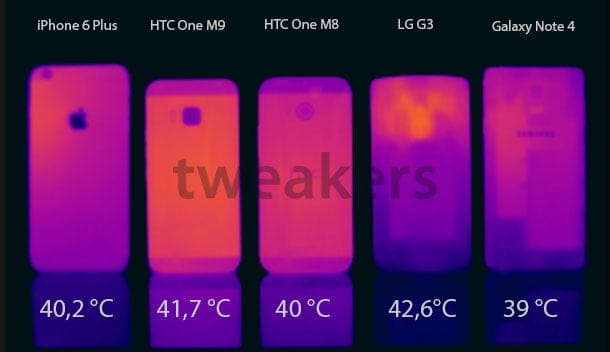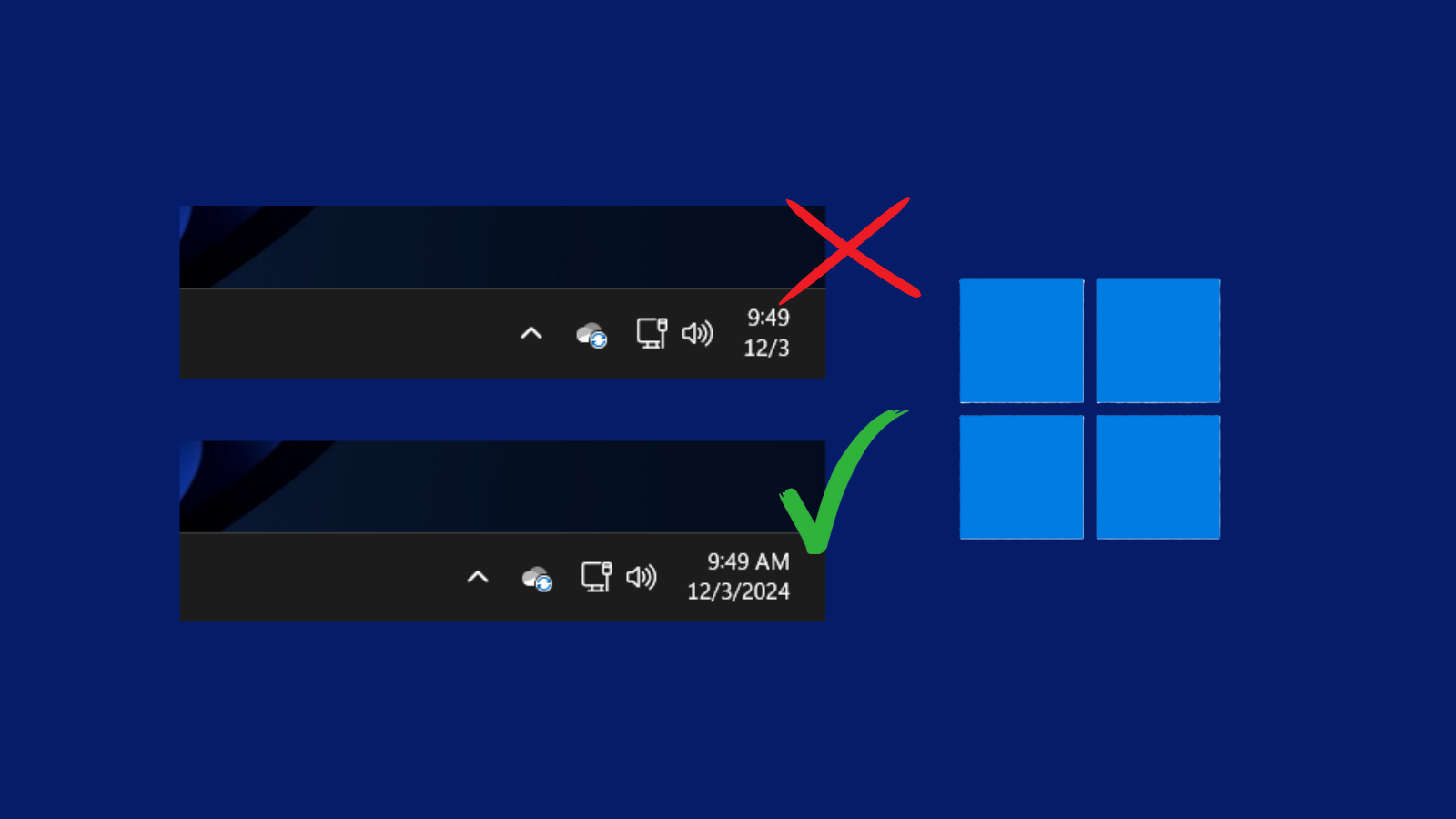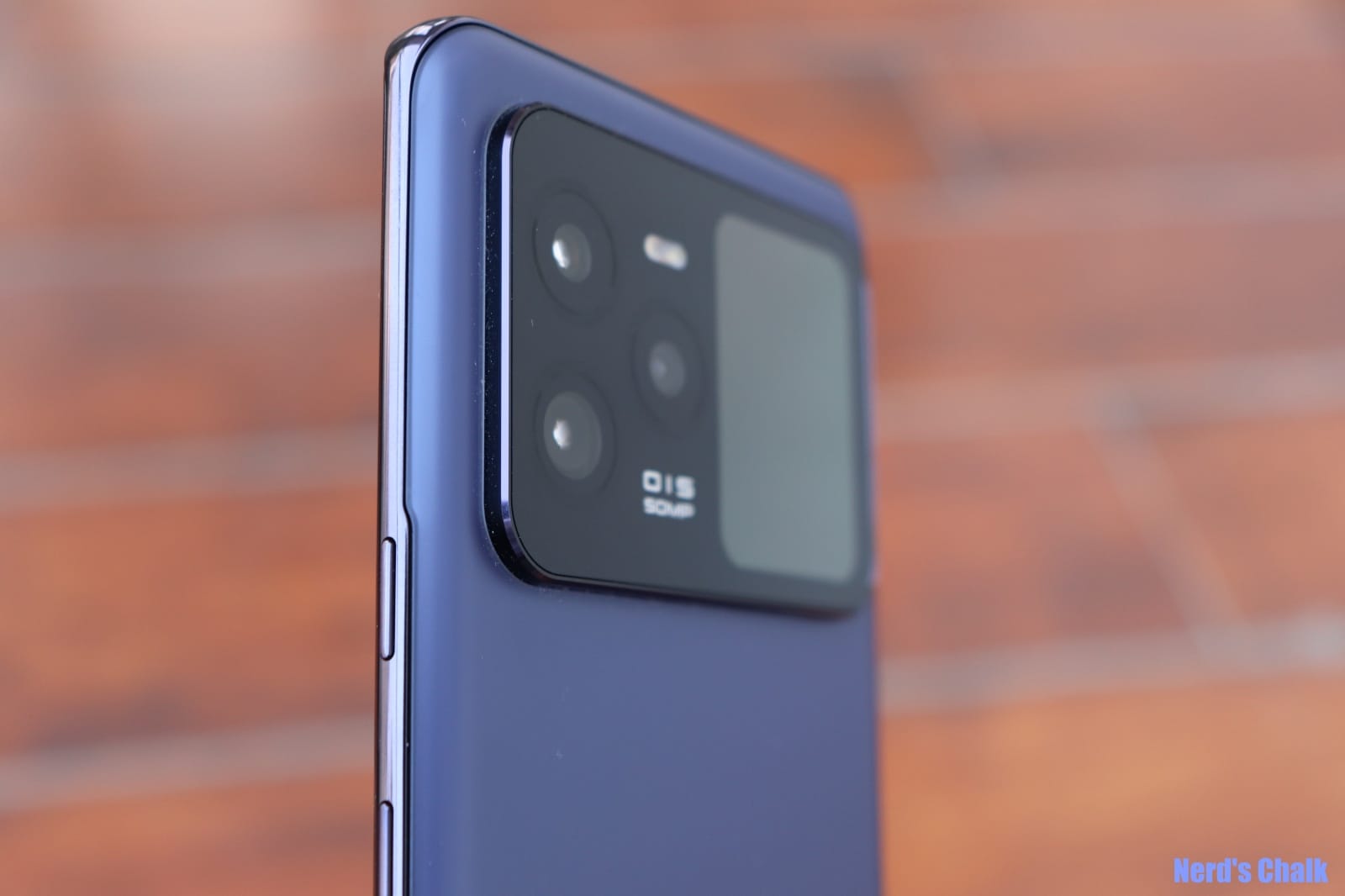Last week, a thermal image of the HTC One M9 that is operating under heavy load started circulating all over the web. The image was a part of a benchmark performance review that revealed that the handset hit a surface temperature of 132 degrees Fahrenheit. This showed that the phone can get pretty hot than the other flagship smartphones that are its challengers.
Ever since the Qualcomm Snapdragon’s 810 chipset was speculated to cause heating issues, there were rumors suggesting the overheating issues of the HTC One M9. But, HTC that is aiming to acquire a significant chunk of the Android smartphone market share cannot afford to commit a blunder by launching a flawed device.
Well, the Taiwan tech giant has pushed a software update to the One M9 that seems to have taken care of the overheating issue. Well, the image below is the thermal image of the handset being benchmarked and it shows that the One M9 is not hotter than its challengers.
Interestingly, it appears like the metallic body of the One M9 is capable of handling the heat dissipation effectively by spreading the heat across the handset rather than focusing on a single point.
If you are wondering how a software update managed to eliminate the overheating issue of the smartphone, you will have to note that the software update has modified the thermal throtting configuration of the Snapdragon 810 processor and graphics unit. The update has imposed a limit on the processor’s maximum clock frequency once the silicon approaches a particular temperature and the temperature threshold is maintained at a low point.
Eventually, the update has managed to keep the chip’s temperature in the tolerable margins by reducing its performance. This throtting functionality is not unique to the One M9 as smartphone SoCs usually get this done.
On the whole, the One M9 will not experience overheating issues, but its performance will be limited to some extent once the chipset reaches a specific temperature threshold. We are yet to see if this compromise on the performance of the chipset will affect the benchmark results.













Discussion